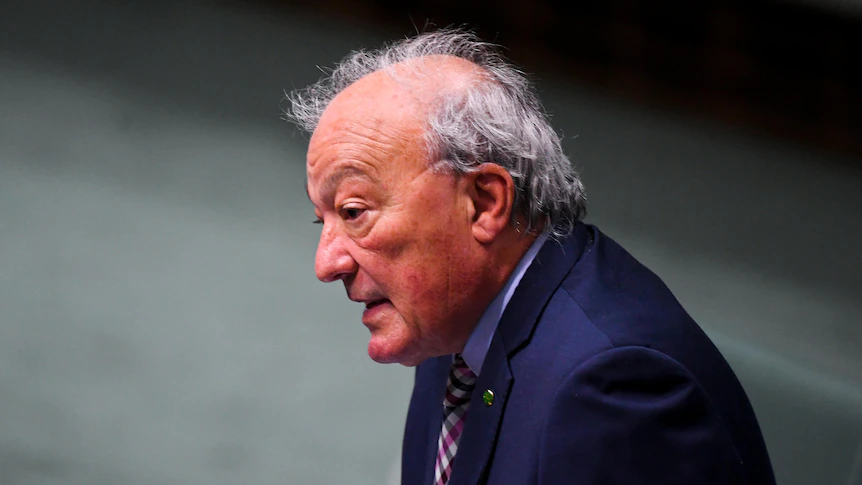By Adam Langenberg
Copyright abc

A Labor MP has put the government on notice that a proposed support scheme for children with mild autism is causing “significant anxiety”, after a parliamentary hearing into the scheme delivered few details about its cost or how it will work.
The Thriving Kids program, designed to divert children with mild to moderate developmental delays or autism from the National Disability Insurance Scheme, is set to start offering its first services in July — less than a year after NDIS Minister Mark Butler shocked families with its announcement.
A parliamentary committee looking into the program heard from health and disability officials that work was progressing well, but they were unable to answer questions about what it would cost, what services it would offer or how many children currently on the NDIS would be transferred to it.
The committee chair, long-serving Labor MP Mike Freelander, said the government had work to do to reassure concerned families.
“Part of the issue is that we have created significant anxiety and we have to acknowledge that, and we have to make sure that we do deal with that,” he said.
Another Labor MP, Anne Stanley, said there was “a lot of negativity and fear” around the initiative.
“How are you addressing those concerns? Because I’m sure that you’re getting them directly from stakeholders as well,” she asked officials.
Department acting assistant secretary, Luke Mansfield, acknowledged that people already using NDIS services were uncertain about the change.
But he stressed children currently on the NDIS would not be transferred over to Thriving Kids until it was fully operational in July 2027.
“We’re very conscious that as decisions are taken by governments around the design of Thriving Kids that there’s going to need to be a significant amount of engagement with the public to help explain how Thriving Kids will work, what it will mean for families, how they know where to go for services, how they will find services, and that’s a big amount of the work that we’re doing,” he said.
An advisory group that held its first meeting this week will help to guide what services Thriving Kids provides, and how to reduce autism and development delay assessment times.
States remain skeptical
The announcement of Thriving Kids in August shocked state and territory leaders.
They will be expected to co-fund and deliver the service through schools, childcare and health services.
Mr Butler revealed the reworked scheme after negotiations surrounding an originally agreed ‘foundational supports’ program stalled, saying the federal government would step in to play a larger leadership role over the phased program.
New South Wales Premier Chris Minns told reporters when it was announced that he would not “sign a blank cheque” for a program that he didn’t have the details for.
Funding negotiations for Thriving Kids are happening at the same time as the federal government attempts to broker a new public hospital funding agreement, which has also prompted significant backlash from premiers and chief ministers.
But, despite the push back, department assistant secretary Liz Develin told the committee that she was hopeful funding negotiations could be concluded by the end of the year.
“The desire from the Commonwealth is certainly that the agreement is reached by the end of the calendar year,” she said.
“We are conscious that next year some states go into caretaker mode so there is obviously a compelling reason, both from the practicality of ensuring the programs are stood up in time, but also reaching agreement.
“So we are pedalling as fast as we can.”
Physical Disability Australia chief executive, Jeremy Muir, told the committee he had significant concerns about Thriving Kids, calling for it to initially operate on a trial basis.
“We would like to make sure that there’s really sound evaluation of the program and really strong accountability… talking to the disability community to make sure that it gets right before implementation but then touch points afterwards, around giving feedback about what is happening and what is working and what isn’t working,” he said.
“It needs evaluation, ongoing evaluation once it’s implemented.”



